Applying KPIs to evaluate cadres and civil servants is an important step in modernizing state management in Vietnam. This not only demonstrates the commitment to innovation from the central level, but also shows the readiness to reform at the local level, towards improving efficiency, transparency and responsibility in the public administration system.
A structured approach to evaluating the performance of cadres and civil servants based on specific, transparent, objective, and measurable criteria will replace subjective evaluation methods and contribute to minimizing bias and favoritism, in line with modern management trends, especially in the current consolidation and streamlining revolution. That is true as assessed by the Head of the Central Policy and Strategy Committee, Tran Luu Quang: The KPIs framework aims to create an objective, transparent evaluation system based on specific products, moving towards eliminating the situation of formal, emotional, and favoritism evaluation.
Comrade Tran Luu Quang also affirmed that the assessment results using KPIs will be one of the important bases for planning, appointing, transferring, rewarding, disciplining; promoting a high-performance working culture, where capacity is recognized, creativity is encouraged, and each individual has the opportunity to develop. From purely qualitative, the application of KPIs will help quantify the work performance assessment. When assessment tools and criteria are established systematically, the quality of management will also be improved, especially when it clearly establishes and closely links and synchronizes personal goals with the mission of the unit.
By linking performance to specific outputs, individuals are more accountable for their work. Through this, KPIs also help identify areas, sectors, and departments that need improvement, helping to better allocate resources and optimize processes. When evaluation criteria are set clearly, specifically, and objectively, civil servants will work better, knowing that their efforts are recognized and rewarded accordingly.
According to experience drawn from Khanh Hoa , each work recorded by cadres and civil servants must be linked to specific output products and directly inspected and confirmed by the direct leader. This two-way monitoring mechanism helps ensure that data accurately reflects actual effectiveness and is a tool for superiors to monitor the progress and results of subordinates' work in a transparent and well-founded manner. In fact, after the KPI pilot phase, there has been a clear change, from awareness to behavior; more proactive, clearer responsibility; better ability to self-learn and coordinate between departments and divisions. From there, the evaluation scales for cadres and civil servants are also more substantial and fairer than the previous one, which mainly relied on feelings or general summaries.
Following the pioneering of Khanh Hoa Provincial Party Committee and the Central Strategic Policy Committee, KPIs will soon be applied on a wider scale, in which the Ministry of Home Affairs is planning to deploy KPIs in evaluating civil servants and public employees from the second half of 2025 and Ho Chi Minh City has also begun to apply KPI tools to improve transparency and efficiency in evaluating civil servants. This is an inevitable trend, because it is a tool to significantly improve the overall efficiency and performance of the Vietnamese state management system in the new period. Upcoming applications will be more balanced between quantitative and qualitative, avoiding focusing only on data. Monitoring and verification by direct managers are necessary to prevent abuse or manipulation of KPIs; to update regularly, ensuring relevance and fairness to actual conditions and needs.
Source: https://www.sggp.org.vn/tu-kpi-den-cai-cach-danh-gia-quan-tri-cong-post804247.html




![[Photo] Worshiping the Tuyet Son statue - a nearly 400-year-old treasure at Keo Pagoda](/_next/image?url=https%3A%2F%2Fvphoto.vietnam.vn%2Fthumb%2F1200x675%2Fvietnam%2Fresource%2FIMAGE%2F2025%2F12%2F02%2F1764679323086_ndo_br_tempimageomw0hi-4884-jpg.webp&w=3840&q=75)


![[Photo] Parade to celebrate the 50th anniversary of Laos' National Day](/_next/image?url=https%3A%2F%2Fvphoto.vietnam.vn%2Fthumb%2F1200x675%2Fvietnam%2Fresource%2FIMAGE%2F2025%2F12%2F02%2F1764691918289_ndo_br_0-jpg.webp&w=3840&q=75)
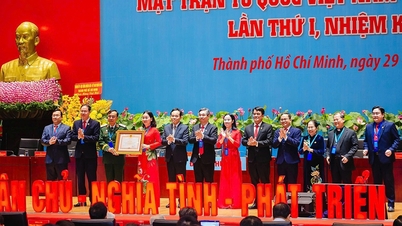

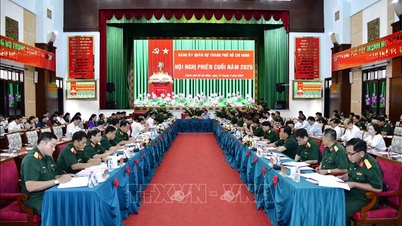

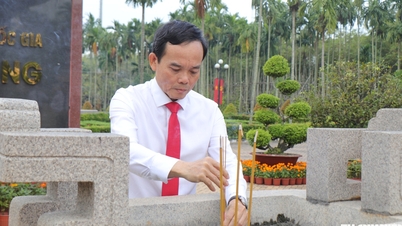
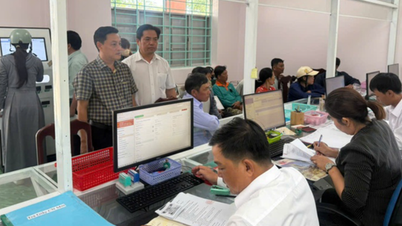

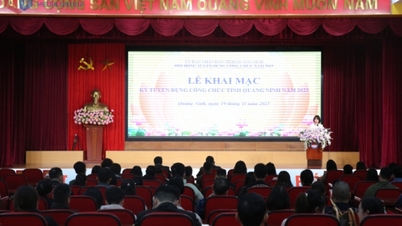




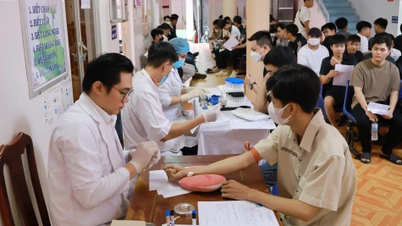


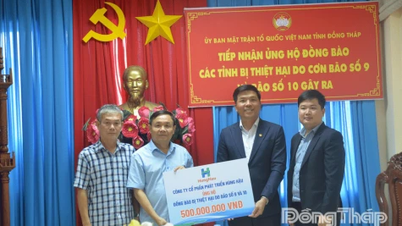













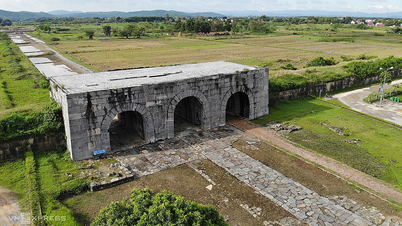





































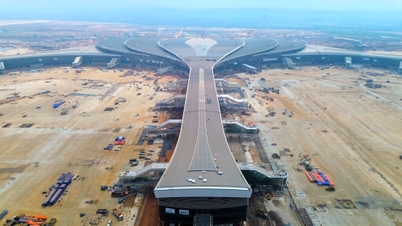



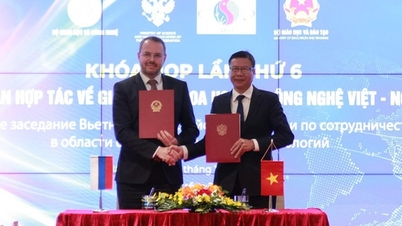
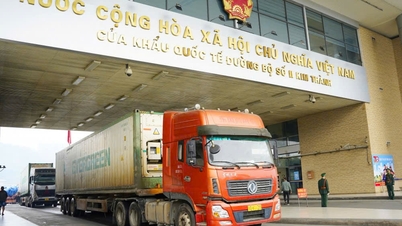



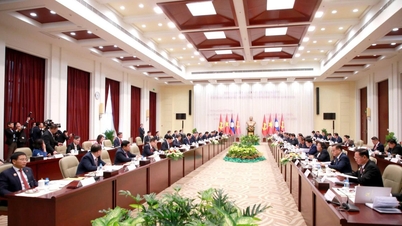


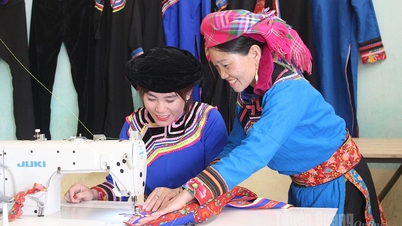


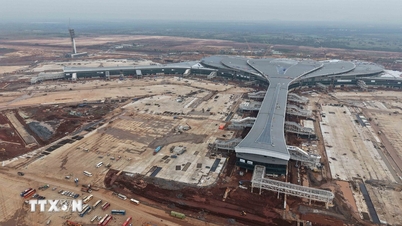

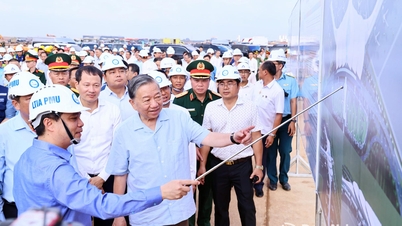


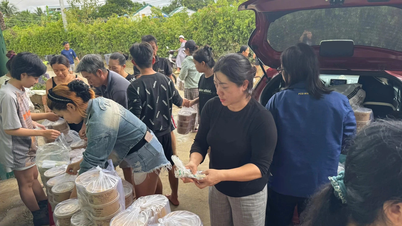












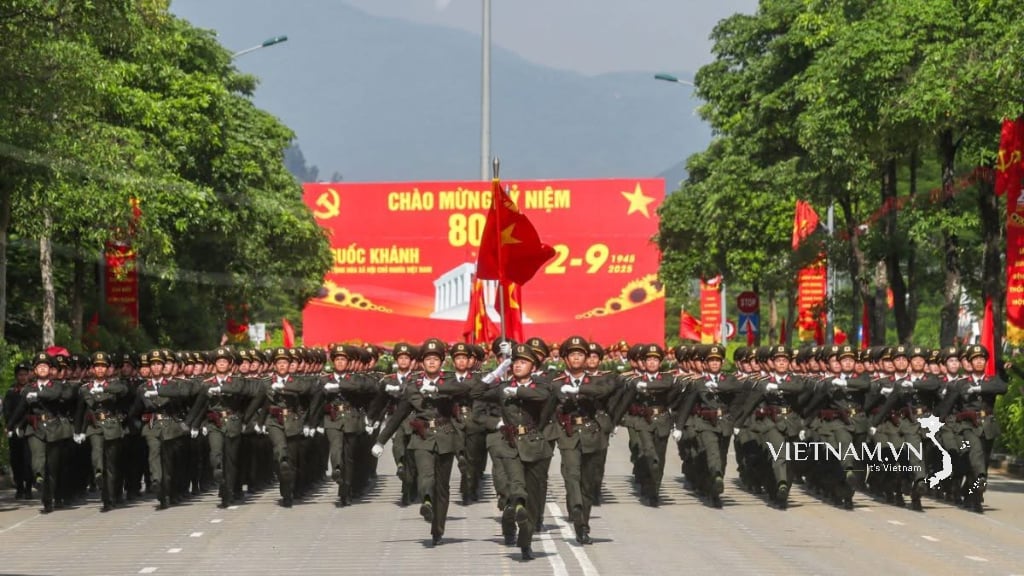
Comment (0)